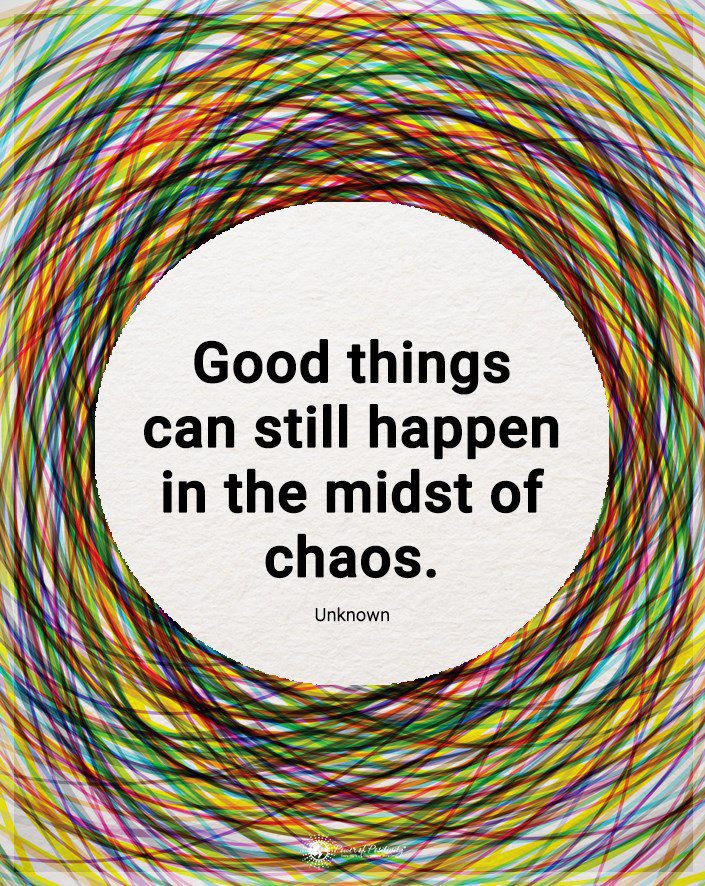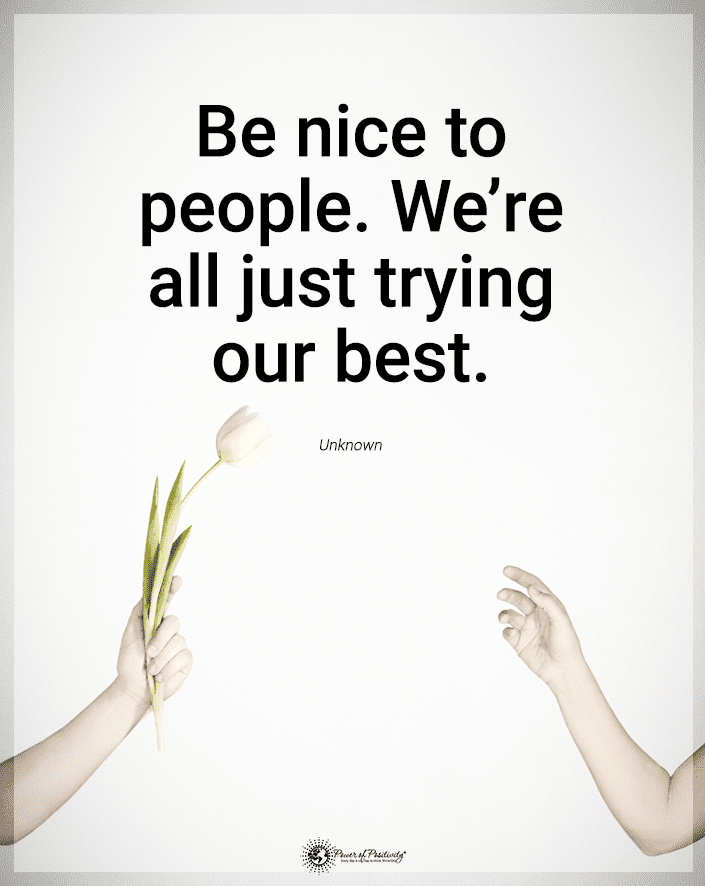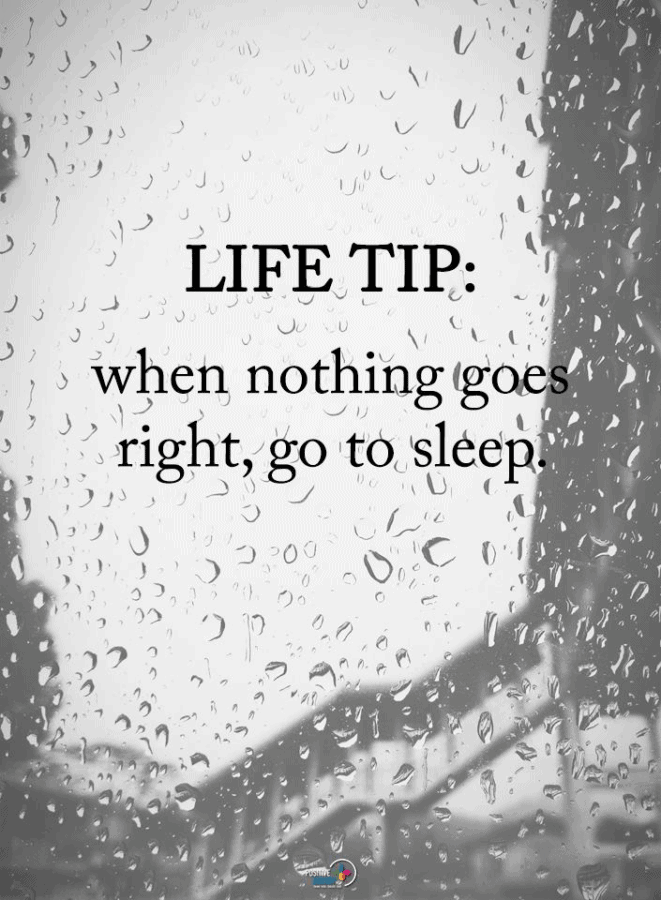If you have a Sagittarius in your life, you know all about their irresistible, charismatic personalities. Those of this zodiac sign can charm anyone they meet with their quick wit and sense of humor. As a fire sign, Sagittarians have a vibrant, passionate demeanor and are a force to be reckoned with. They make a lasting impression on new friends and acquaintances who easily fall in love with this intense fire sign.
Their curiosity and brazen spirit excite them, but only some can handle their bold personalities. With Sagittarius season coming up from November 22 – December 21, we wanted to help you understand this dynamic zodiac sign in more detail. Whether you’re an archer or know someone born under this sign, you’ll surely relate to these Sagittarius characteristics.
Ten Things You’ll Only Understand If You’re a Sagittarius
1 – They have no problem speaking their mind.
A Sag will always tell the truth no matter what and never beat around the bush. You never have to worry about Sagittarians harboring hidden feelings because they express themselves freely. This sign enjoys being brutally honest and loves hanging around people with the same straightforward mentality. They can sometimes seem brash, but their childlike playfulness more than makes up for it.
2 – They don’t hold back in life.
A person with this horoscope believes in taking charge and being the change they wish to see. They live life to the fullest and would rather have memories than regrets. A Sagittarius will try almost anything once and has many interests in life.
This zodiac sign actively pursues new opportunities and loves to expand its knowledge. While they have deep emotions, they have an equally beautiful minds and enjoy pondering the big questions about life.
They thrive on adventure and spontaneity, so they only stay in one place for a short time. They’re also known to hold many different jobs because of their restless energy. Some might see this as bad, but Sagittarius believes in trying on many different hats. They don’t define or label themselves and prefer moving through life more freely.
3 – A Sagittarius can feel trapped after a while.
Sagittarians like to explore the world on a whim and detest any schedule. As you might expect, they don’t thrive in normal nine-to-five environments because this makes them feel like caged animals. An earth sign like Virgo does best with a routine, whereas most fire signs feel weighed down by the monotony.
Fire signs have so much passion for life and need to have jobs that match their interests. Otherwise, they may become depressed or withdraw from friends and even responsibilities. Sagittarians have extremely short attention spans and require frequent mental and physical stimulation to feel fulfilled. If you want to keep up with a Sagittarius, ensure you have a true love for exploration!
4 – They love to socialize frequently.
Sagittarians are deep thinkers but don’t like to spend too much time alone. They prefer doing fun activities or conversing with people to pass the time. They’re a paradox because of their fierce independence yet love for socializing. As long as the archer can get away for a few adventures alone, they can balance solitude with an active social life.
Sagittarius makes friends quite easily because of their outgoing, bubbly personalities. They will talk about anything under the sun and don’t shy away from difficult or controversial topics.
5 – Spontaneity is their middle name.
Sagittarians rarely plan anything because they live life on the edge. As a deeply emotional and passionate sign, they prefer doing things on a whim and seeing where the wind takes them. Sagittarius thinks with their heart rather than their head. People of this zodiac sign need to have new experiences frequently to feel alive, or they can lose their spark.
Their love of adventure and spontaneous nature makes them unpredictable yet incredibly alluring. If you have a Sagittarius in your life, make sure you’re prepared for a wild ride!

6 – They have an irresistible charm about them.
As we said, Sagittarians know how to work their charm and win people’s hearts. They have such complex and dynamic personalities that they can get along with everyone. People generally love Sagittarians because they always seem in a positive, happy mood. They can make people laugh even on their worst days, and this gift makes them wonderful friends to have.
7 – A Sagittarius has a naturally flirtatious side.
Sagittarians love their freedom and may have difficulty committing to a relationship. They enjoy flirting with people because it adds excitement and spontaneity to life. Additionally, Sagittarius feels more fulfilled when they make others feel wanted and appreciated. They won’t hesitate to spill their guts if they feel a true connection with you.
8 – Sagittarians are eternal optimists.
A Sagittarius doesn’t like to keep up with news and current events. Frankly, mass media can overwhelm them because of the constant negativity. They steer clear of fearmongering and prefer to look at the bright side of life. Since they’re so empathetic and emotional, so they can’t bear too much bad news. A Sagittarius will still look for the silver lining even if something tragic happens.
9 – They have a wild side.
Most people know that a Sagittarius carves their own path and doesn’t conform to social norms. They don’t mind walking alone if they follow their ultimate truth. These free-spirited, wandering souls feel most at home while traveling or working on a creative project. However, even with a new job, those with this zodiac sign always have their sights on the next endeavor.
10 – They become fascinated and obsessed easily.
As you might have guessed, Sagittarians don’t know how to do anything halfway. They either feel transfixed by something or completely uninterested and uninspired. A Sagittarius has an innate curiosity and will ask plenty of questions to understand something fully. Whether it’s a new relationship or a philosophical question, a Sagittarius will dive in wholeheartedly and never look back. They’re unstoppable once a person or idea catches their attention.

Final Thoughts on the Traits of a Sagittarius
The archer gets less limelight than some of the other zodiac signs. For instance, Virgos, Geminis, and Scorpios tend to get more attention for whatever reason. However, the Sagittarius deserve an equal opportunity to shine because they have much to offer. They’re warm, caring, and passionate about the people and interests they hold close to their hearts. If you want to go on the adventure of a lifetime, look no further than a Sagittarius to fulfill your desire.















